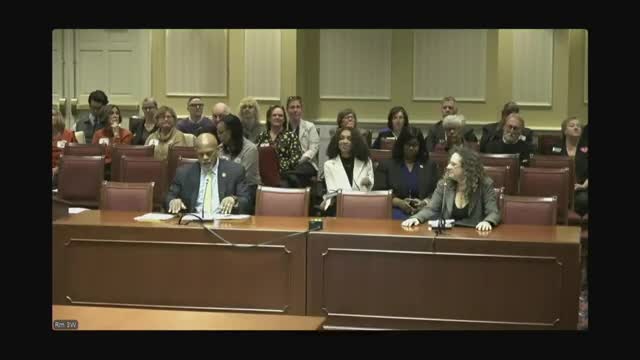Article not found
This article is no longer available. But don't worry—we've gathered other articles that discuss the same topic.
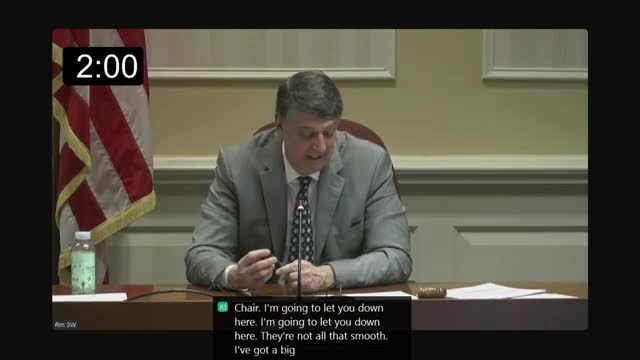
Bill would exempt very small Maryland municipalities from annual legislative audit requirement
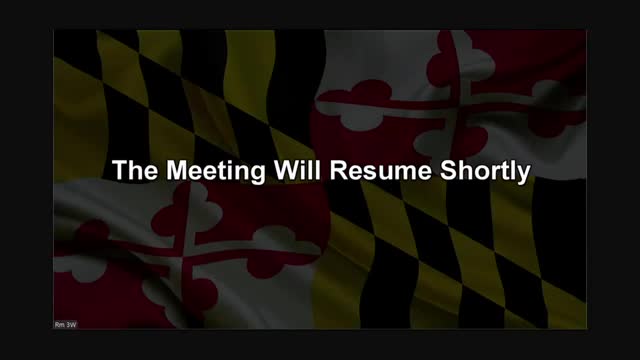
Lawmakers hear proposal to double cap on Maryland Heritage Areas Authority funding to $12 million
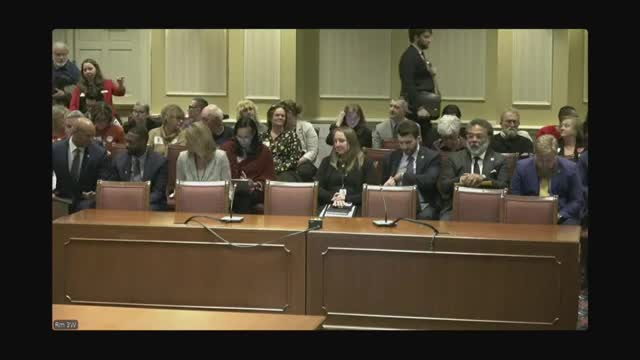
Governor outlines DECADE Act to refocus Maryland economic development toward high-growth sectors
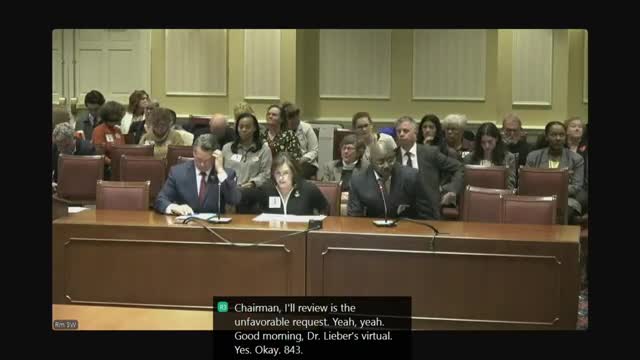
Legislation would shift school construction cost share to 50/50 for Kent County middle school
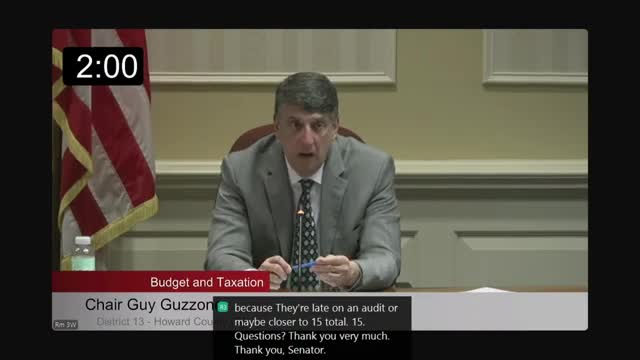
Bill would create state fund and tax checkoff for abandoned and neglected cemeteries
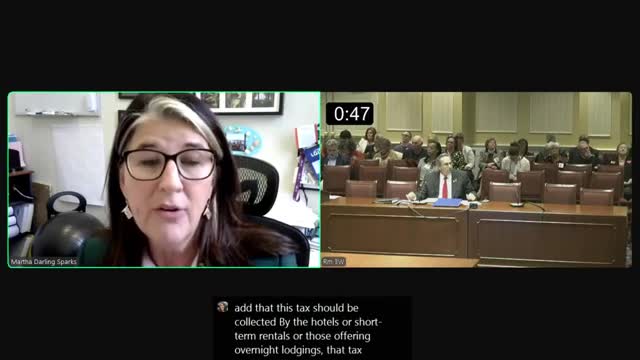
Sponsor proposes accelerate corporate income tax cut to 6.25% by 2029
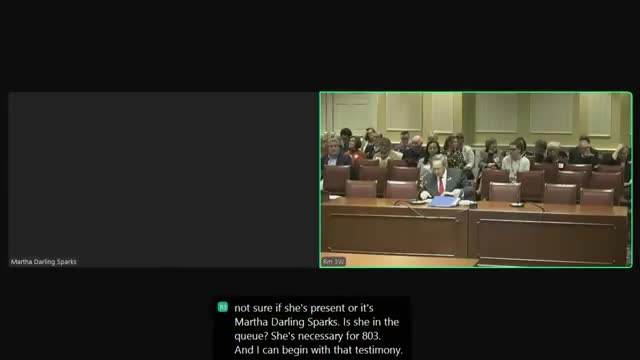
Talbot County seeks earlier penalty for late hotel-rental tax payments
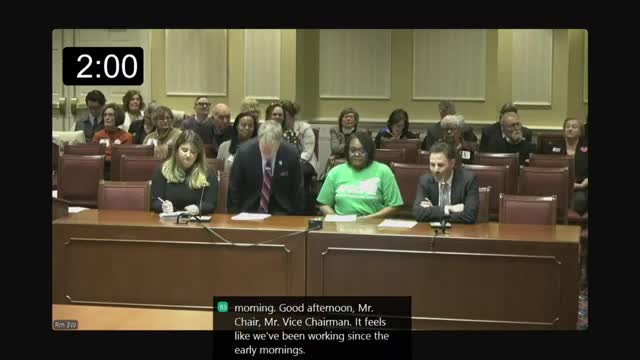
Lawmakers hear push to raise starting pay for education support professionals to $25 an hour
